
AI with nvidia jetson nano
Internship 2025
Explore NVIDIA GPU computing and Jetson Nano setup. Learn deep learning with TensorFlow, PyTorch, and CNNs for tasks like traffic sign classification and brain tumor detection. Implement computer vision techniques, YOLO for object detection, and build real-time applications like pedestrian detection and autonomous vehicles.
1/ 2 Months
Online
8+ Live Projects
Dual Certification
Ultimate Step towards your Career Goals: Expert in NVIDIA Jetson Nano
Learn GPU computing with Jetson Nano, deep learning with TensorFlow and PyTorch, and computer vision techniques. Implement CNNs, YOLO, object detection, and build real-time applications like pedestrian detection and autonomous vehicle
Internship Benifits
Mentorship
Receive guidance and insights from industry experts.
Hands-on Experience
Gain practical skills in a real-world cutting-edge projects.
Networking
Connect with professionals and peers in your field.
Skill Development
Enhance your technical and soft skills.
Career Advancement
Boost your resume with valuable experience.
Certificate
Get a certification to showcase your achievements.
NVIDIA Internship Overview
Introduction to NVIDIA, GPU Computing
- Overview of NVIDIA and its contributions to GPU computing, accelerating deep learning, AI, and high-performance computing.
Introduction to Jetson Nano
- Introduction to the Jetson Nano platform for edge AI, including its hardware, software, and capabilities for AI projects.
Jetson Nano Basic Setup Tutorial
- Step-by-step guide on setting up the Jetson Nano development board, including OS installation, connecting peripherals, and configuring the environment.
Introduction to CUDA (Compute Unified Device Architecture), CUDA Memory Hierarchy
- Explanation of CUDA, NVIDIA’s parallel computing platform, and its memory hierarchy, providing an understanding of how CUDA enables high-performance GPU computing.
Deep Learning Fundamentals, Introduction to Deep Learning
- Overview of deep learning, including basic concepts, types of neural networks, and their applications in various fields like image recognition, speech processing, and more.
Introduction to Deep Learning Frameworks (TensorFlow, PyTorch) with GPU Support
- An introduction to the TensorFlow and PyTorch frameworks, focusing on how these frameworks leverage GPU support for faster model training and inference.
Building and Training a Simple Neural Network Using Pytorch and TensorFlow
- Hands-on tutorial on building and training a simple feedforward neural network using TensorFlow and PyTorch.
Convolutional Neural Networks (CNNs), CNN Using TensorFlow and PyTorch
- Explanation of CNNs, their architecture, and how to build and train CNNs using TensorFlow and PyTorch for tasks like image classification and object detection.
Introduction to Computer Vision and Basic Image Processing
- Fundamentals of computer vision, including image processing techniques such as reading and displaying images, resizing, and color space conversions.
Image Smoothing, Edge Detection, and Morphology Techniques
- Techniques for image preprocessing such as Gaussian blur (smoothing), Sobel edge detection, and morphological operations like dilation and erosion for enhancing image features.
Advanced Image Segmentation and Thresholding Techniques
- Advanced techniques in segmenting images, such as adaptive thresholding, Otsu’s method, and region-growing algorithms to separate foreground and background.
Image Blending, Pyramids, and Feature Transform Techniques
- Image blending using pyramids for seamless transitions between images, and techniques like homography for transforming features across images.
Sudoku Solver Using OpenCV
- Solving Sudoku puzzles with OpenCV by detecting grids, extracting numbers, and applying algorithms to find solutions.
Pretrained Models Overview – VGG, ResNet, F-CNN, U-Net
- Overview of popular pretrained deep learning models like VGG, ResNet, F-CNN, and U-Net, and how they are used in various image processing tasks.
Brain Tumor Classification Using Pre-trained Model
- Implementing a brain tumor classification system using pretrained models to analyze medical images for tumor detection.
YOLO for Object Detection
- Introduction to YOLO (You Only Look Once) for real-time object detection in images and videos, and its application in safety and surveillance systems.
Image Segmentation with U-Net
- Using U-Net architecture for image segmentation, particularly in medical image processing and other tasks that require pixel-wise classification.
Pytorch Model to TensorRT Conversion
- Converting a trained PyTorch model to TensorRT for optimized performance on Jetson Nano, ensuring faster inference and real-time application processing.
Object Detection with Jetson Nano
- Using Jetson Nano for real-time object detection tasks, leveraging frameworks like TensorFlow or PyTorch along with Jetson’s GPU capabilities.
Pedestrian Detection with Jetson Nano
- Developing a pedestrian detection system on Jetson Nano, applying deep learning models to detect and track pedestrians in real-time for autonomous systems or surveillance.
Building an Autonomous Vehicle with Deep Learning, Computer Vision, and Jetson Nano
- Combining deep learning and computer vision techniques with Jetson Nano to build an autonomous vehicle capable of navigating environments and avoiding obstacles using object detection and path planning.



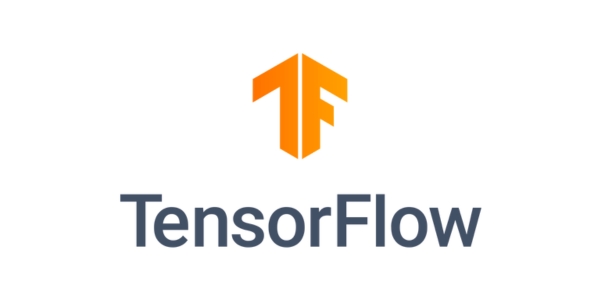
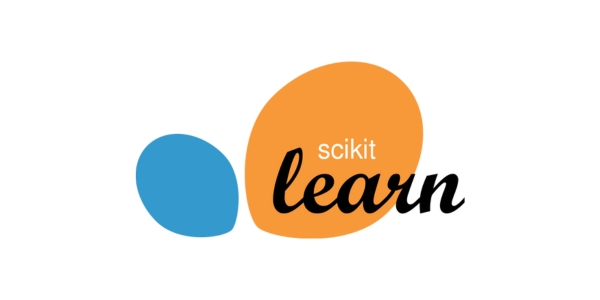


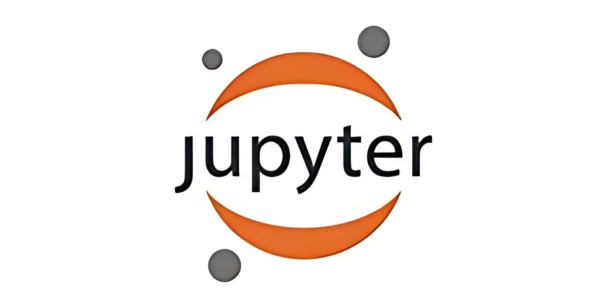
Looking for in-depth Syllabus Information? Explore your endless possibilities in AI with NVIDIA our Brochure!
share this detailed brochure with your friends! Spread the word and help them discover the amazing opportunities awaiting them.
Project Submission: Example Output Screenshots from Our Clients
Take a look at these sample outputs crafted by our clients. These screenshots showcase the impressive results achieved through our courses and projects. Be inspired by their work and visualize what you can create!













Dual Certification: Internship Completion & Participation
Earn prestigious Dual Certification upon successful completion of our internship program. This recognition validates both your participation and the skills you have honed during the internship
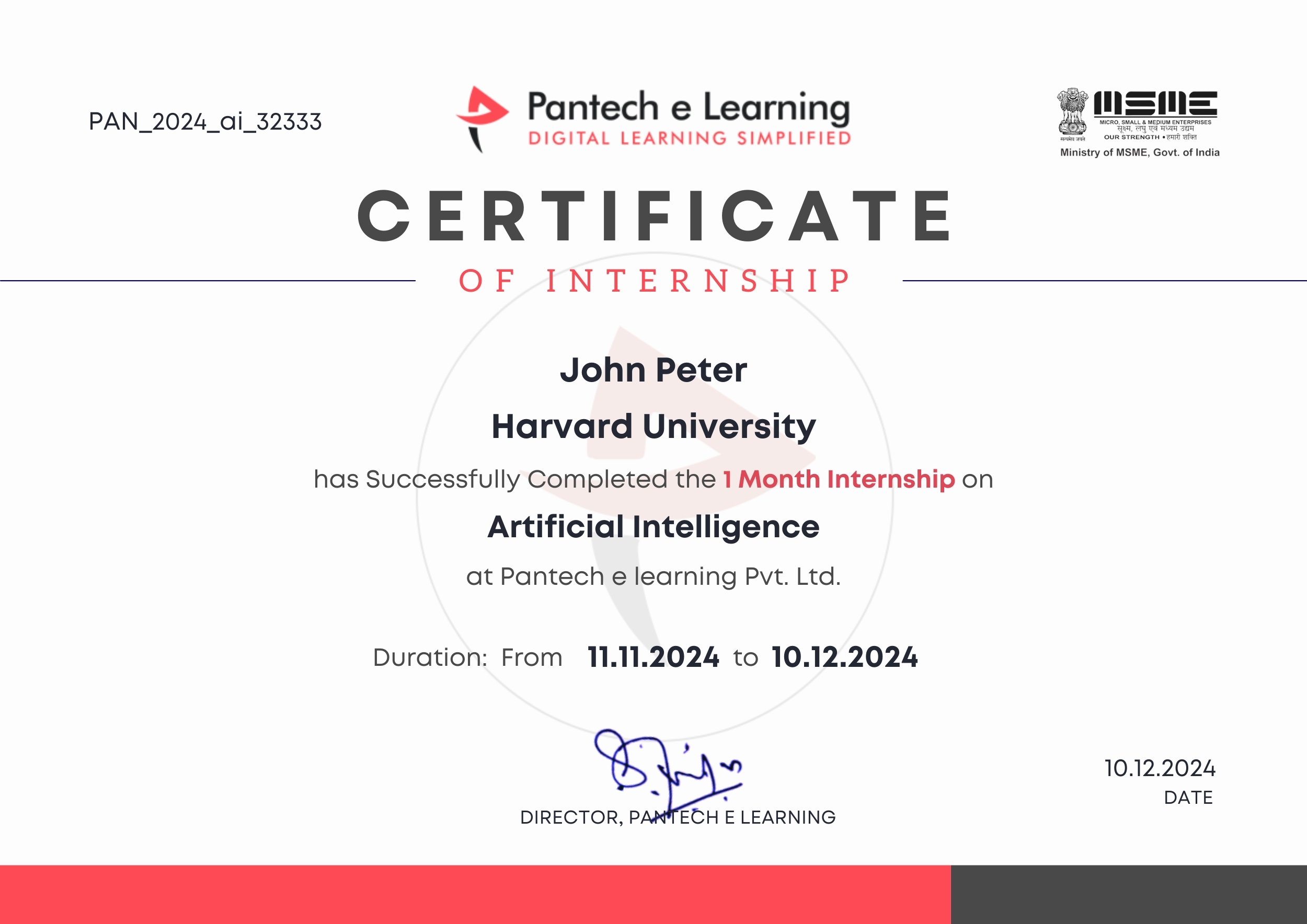
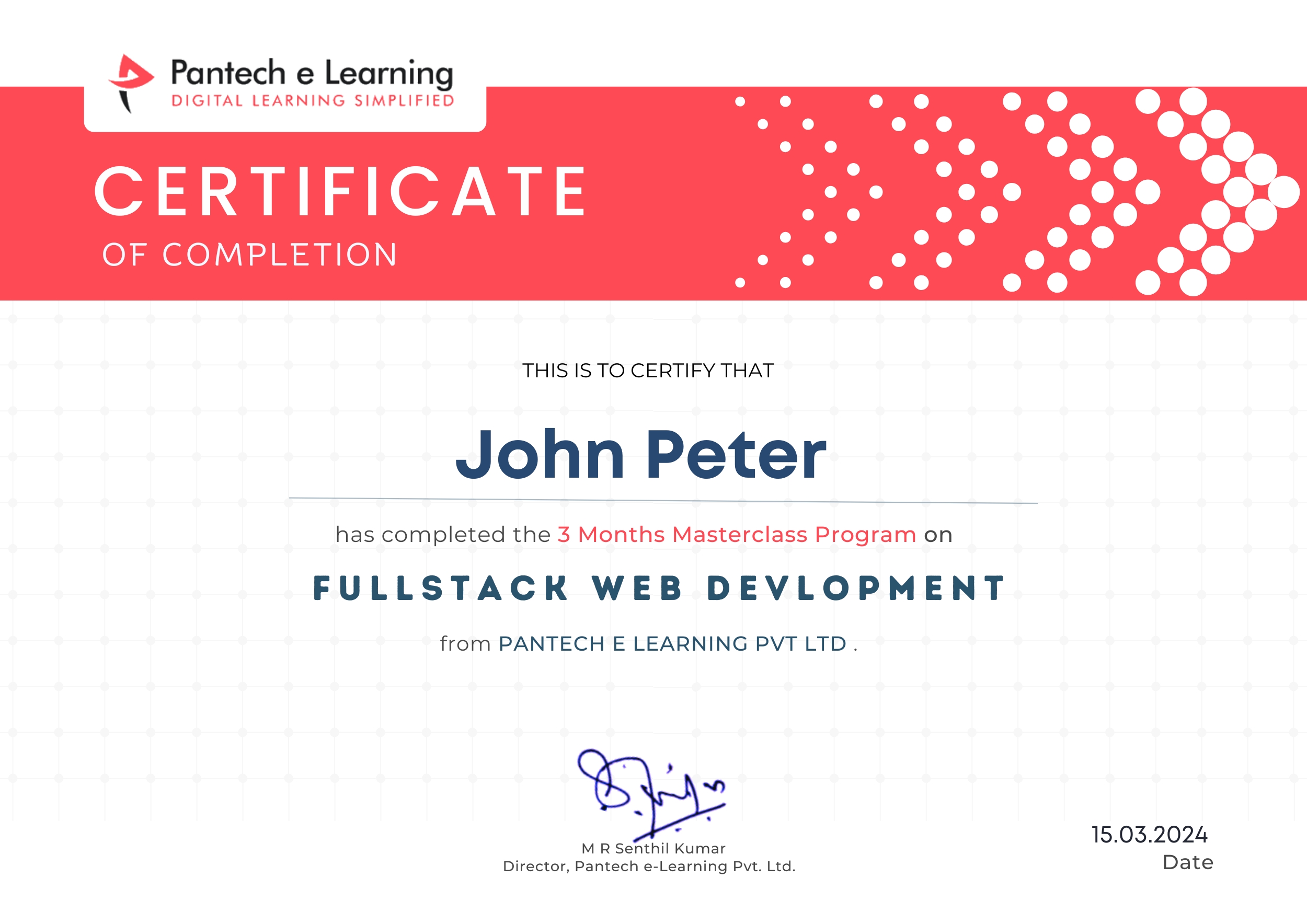
How does this Internship Program Work?
Step 1 Enroll in the Program
- Get a Mentor Assigned
- Presentations & Practice Codes
- Learn at your Flexible Time
- Apprehend the concepts
Step 2 Project Development
- Implement Skills Learn
- Develop Projects with assistance
- Get Codes for Reference
- Visualise the Concepts
Step 3 Get Certified
- Certificate of Internship
- Project Completion Certificate
- Share on social media
- Get Job Notifications
Choose Your Plan fit your needs
Master the Latest Industrial Skills. Select a technology domain & kick off your Internship immediately.
1 Month
₹1999/-
₹999/-
- Internship Acceptance Letter
- 90 Days from the date of payment
- 4 LIVE intractive Mastermind Sessions
- 4+ Capstone Projects & Codes
- Full Roadmap
- Internship Report
- 1 Month Internship Certificate
2 Month
₹3299/-
₹1899/-
- Internship Acceptance Letter
- 180 Days from the date of payment
- 4 LIVE interactive Mastermind Sessions
- 12+ Capstone Projects & Codes
- Full Roadmap
- Internship Report
- Participation Certificate
- 2 Month Internship Certificate
Our Alumni Employers
Curious where our graduates make their mark? Our students go on to excel in leading tech companies, innovative startups, and prestigious research institutions. Their advanced skills and hands-on experience make them highly sought-after professionals in the industry.
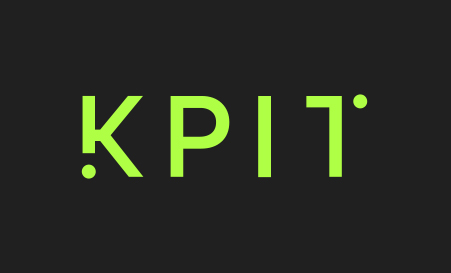

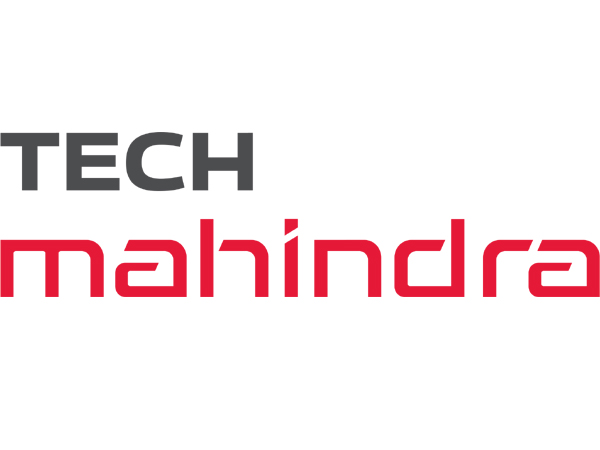



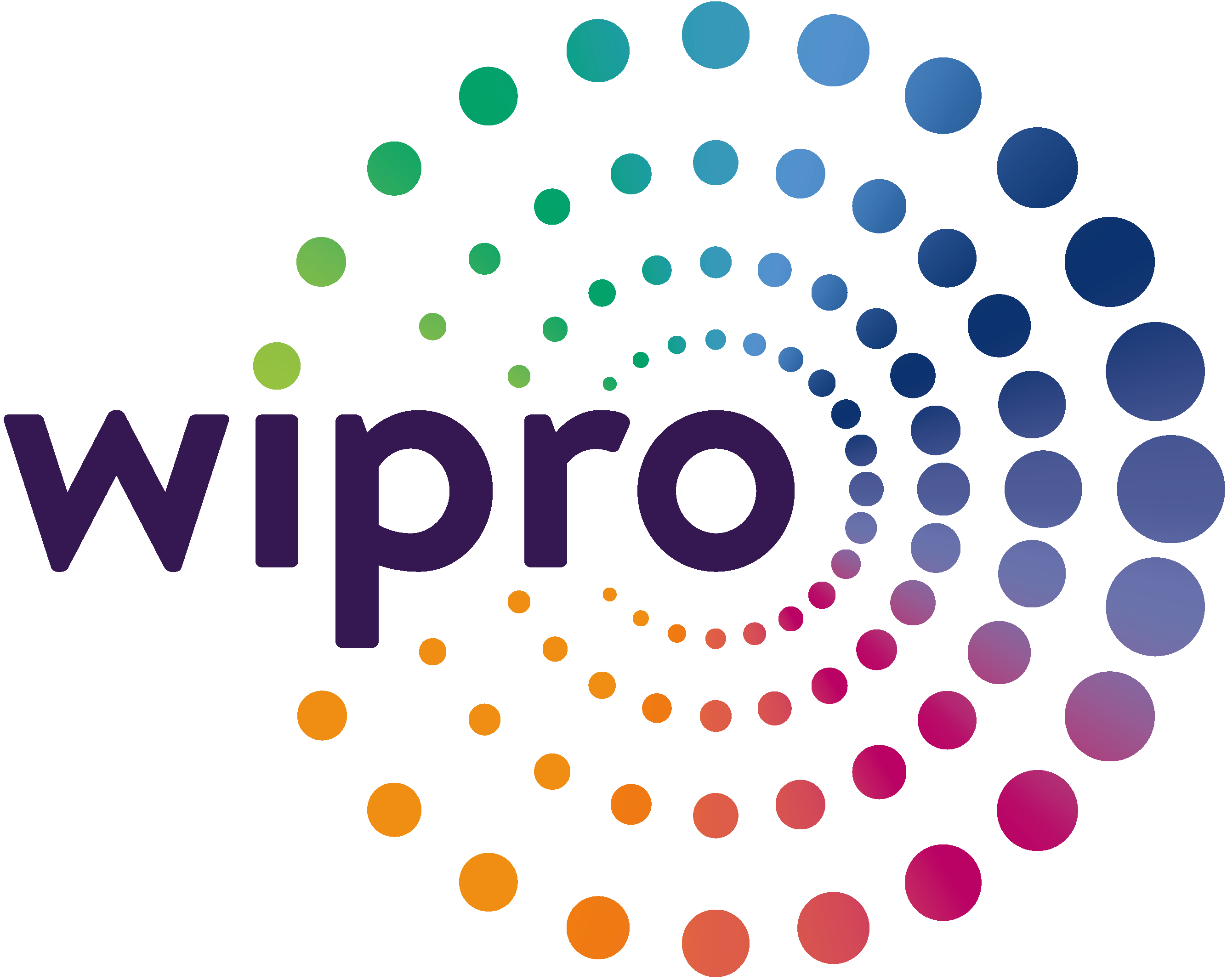

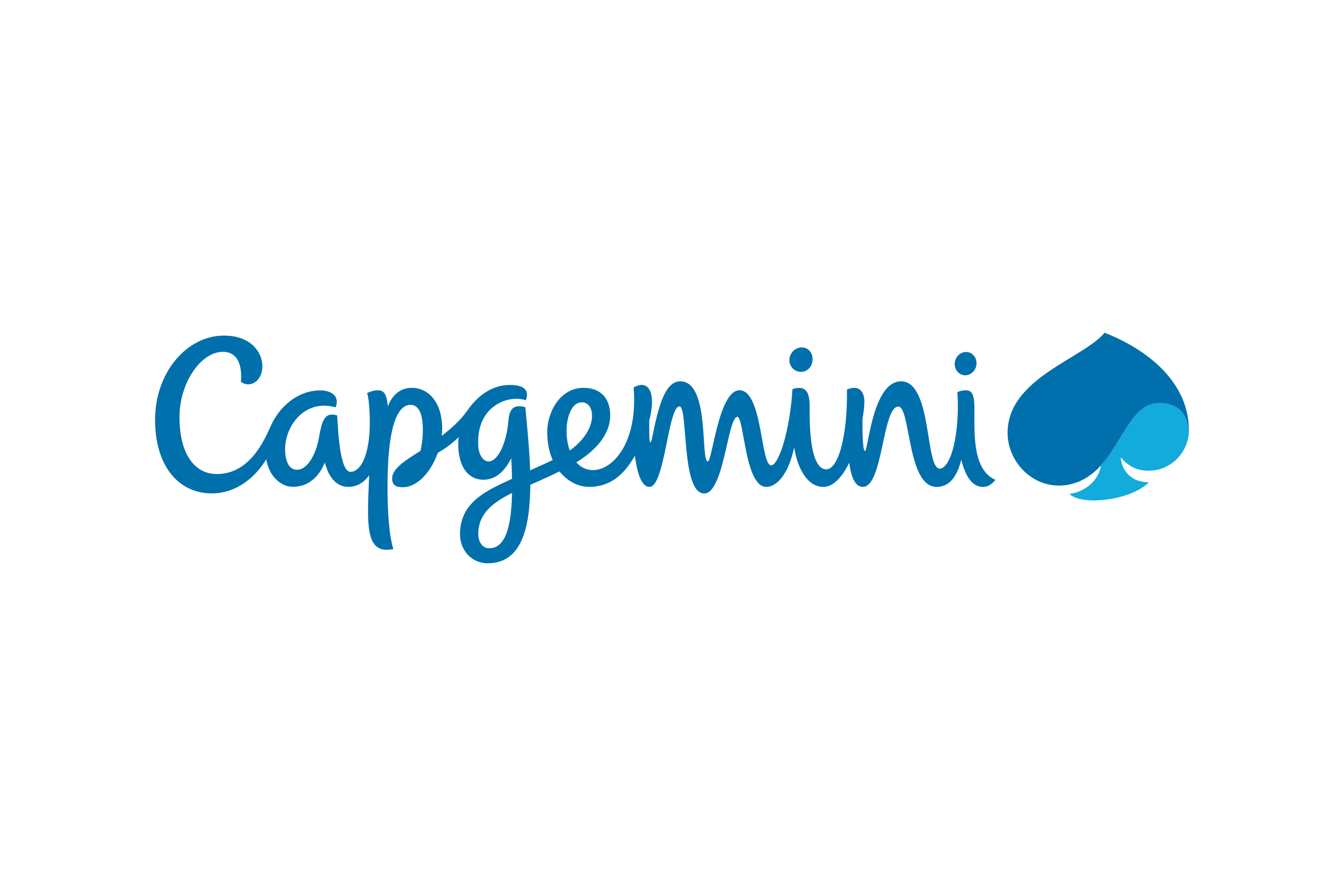
EXCELLENTTrustindex verifies that the original source of the review is Google. I recently completed my Python internship under the guidance of Mentor poongodi mam We learnt so many new things that developed my knowledge.this experience is good to learnTrustindex verifies that the original source of the review is Google. I completed my python internship guidance of mentor poongodi mam. She thought us in friendly qayTrustindex verifies that the original source of the review is Google. Poongodi mam done very well She took the class very well When we ask any doubt without getting bored she will explain,we learned so much from mam,marvelousTrustindex verifies that the original source of the review is Google. I have handled by poongodi mam.domain python intership...was goodTrustindex verifies that the original source of the review is Google. I recently completed Python internship under the guidance of poongodi mam who excelled in explaining concepts in an easily understandable wayTrustindex verifies that the original source of the review is Google. Fantastic class we were attended..we got nice experience from this class..thank you for teaching python mam...Trustindex verifies that the original source of the review is Google. -The course content was well-structured - I gained valuable insights into microcontrollers, sensors, and programming languages- The workshop was informative, interactive, and challenging, pushing me to think creatively. Ms Jimna our instructor her guidance and feedback helped me overcome obstacles and improve my skills.Trustindex verifies that the original source of the review is Google. The learning experience was really worth since more than gaining just the knowledge all of the inputs were given in a friendly and sportive manner which then made it a good place to learn something with a free mindset... 👍🏻Trustindex verifies that the original source of the review is Google. I recently completed my full stack python intership under the guidance of mentor Gowtham,who excelled in explaining concepts in an easily understand mannerTrustindex verifies that the original source of the review is Google. Gowtham-very interesting class and I learning so many things in full stack python development and I complete my internship in Pantech e learning and it is useful for my career
FAQ
What is the Jetson Nano, and how is it used for deep learning?
The Jetson Nano is an affordable single-board computer by NVIDIA designed for AI and machine learning applications. It features a powerful GPU (Graphics Processing Unit) and supports CUDA, allowing for efficient execution of deep learning models, especially in resource-constrained environments like robotics and edge computing.
What is CUDA, and how does it relate to GPU computing?
CUDA (Compute Unified Device Architecture) is NVIDIA’s parallel computing platform and programming model that allows software to utilize the GPU for general-purpose computing tasks. CUDA enables the acceleration of deep learning tasks by parallelizing operations, making it much faster than CPU computation.
What are the differences between TensorFlow and PyTorch for deep learning?
TensorFlow is known for its scalability and production-readiness, especially in deploying models to various platforms. PyTorch is more flexible and user-friendly, making it popular for research and prototyping due to its dynamic computational graph. Both frameworks support GPU acceleration.
How do I convert a PyTorch model to TensorRT for faster inference on Jetson Nano?
TensorRT is NVIDIA’s deep learning inference library that optimizes models for faster execution on GPUs. You can convert a PyTorch model to TensorRT using the torch2trt library, which optimizes the model and accelerates inference on Jetson Nano.
How can I use YOLO for real-time object detection?
YOLO (You Only Look Once) is a deep learning model designed for real-time object detection. It detects multiple objects in images or video by predicting bounding boxes and class probabilities in one forward pass, making it highly efficient for real-time applications.
What is brain tumor classification, and how can deep learning assist?
Brain tumor classification involves detecting and classifying tumors from medical images like MRI scans. Deep learning models, especially CNNs, can automatically extract relevant features and classify images with high accuracy.
Start Your Tech Journey Today
Sign Up for Exclusive Resources and Courses Tailored to Your Goals!
© 2025 pantechelearning.com

